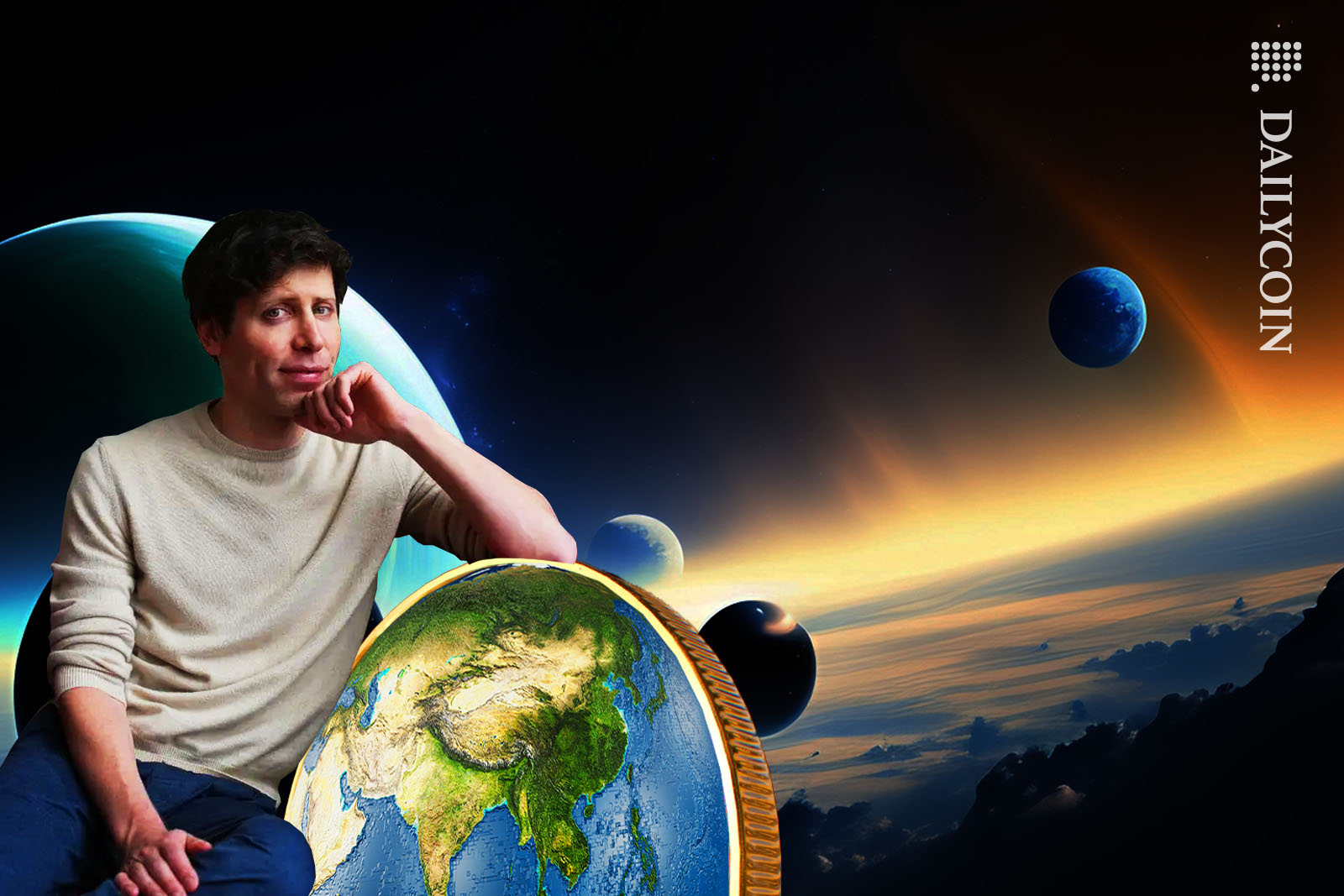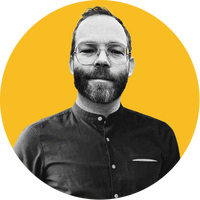
- Chat GPT boss Sam Altman worked on a crypto project in 2019.
- Worldcoin will be used to prove if people are real or AI.
- The tokens from Worldcoin are intended to help those whose jobs are taken by AI.
Nascent technologies like AI, blockchain, and crypto have been touted as good synergies. Now, the CEO of ChatGPT’s parent company is close to getting more funding for his cryptocurrency company.
According to reports, Sam Altman is near to securing about $100 million in funding to kick off an iris-scanning technology company that uses blockchain and crypto called Worldcoin.
Worldcoin in ChatGPT’s shadow?
Worldcoin was founded in 2019, a few years before the explosion of ChatGPT, which rocketed the parent company, OpenAI, into mainstream conversations. AI has, arguably, had its breakout moment thanks to Altman and his company which struck a multi-million dollar deal with Microsoft in January this year.
Sponsored
With ChatGPT off and flying, Altman is returning to the crypto project, which already boasts 1.6 million sign-ups in beta and 500,000+ monthly active on its World App.
Sources say that Worldcoin is in advanced talks to raise 100 million in capital as it prepares for launch in the coming weeks.
Worldcoin Aims to Mitigate AI’s Impact
According to the Financial Times, Worldcoin executives plan to tackle two problems raised by the growing world of AI. Firstly, Worldcoin will help distinguish between humans and bots on several levels. Additionally, the crypto aspect will help provide a form of universal basic income to offset job losses caused by AI.
Sponsored
Part of Worldcoin’s hardware is a physical orb that “uses iris biometrics to establish an individual’s unique personhood, then creates a digital World ID that can be used pseudonymously in a wide variety of everyday applications without revealing the user’s identity,” according to the company.
Creating your identity with Worldcoin then allows users to receive free Worldcoin tokens from the company.
Tech Synergy or AI Nightmare?
While there is potential for AI synergy with blockchain and crypto, some will argue that AI is a danger to humanity. The fact that Worldcoin is intended to protect against AI’s impact is evidence of this new technology’s dangers.
However, ChatGPT can be a powerful tool to work alongside blockchain and crypto. It can be used for crypto education, a place to go where your crypto questions can be answered. It has even been used to read on-chain data.
On the Flipside
- There have been experiments with ChatGPT-4 to see its effectiveness in auditing smart contract code. Conor Grogan, the Director of Coinbase, has tested GPT-4’s potential to review Solidity Contracts.
Why You Should Care
In the form of chatbots like ChatGTP, AI has rapidly established itself as part of our daily technology life. Crypto and blockchain are still trying to do the same – but it may be that the token technology is used to control AI’s takeover.
Read more about ChatGPT’s ability to read smart contracts:
Can GPT-4 Be Used to Fix Ethereum Smart Contract Vulnerabilities?
Read more about the UK’s tax authority accessing BTC wallets:
UK Tax Authority to Access Crypto Wallets and Seize Bitcoin for Missing Payments
